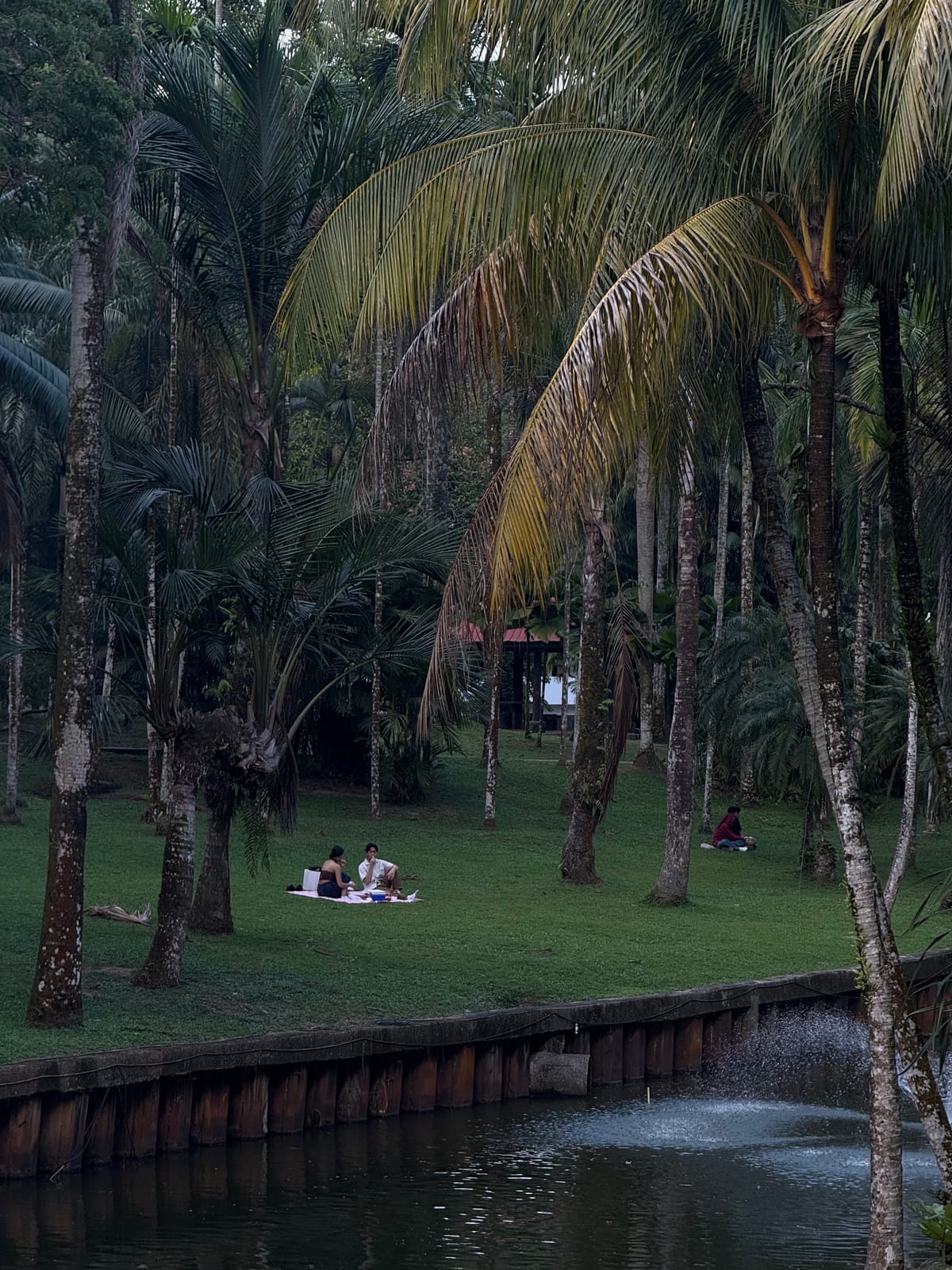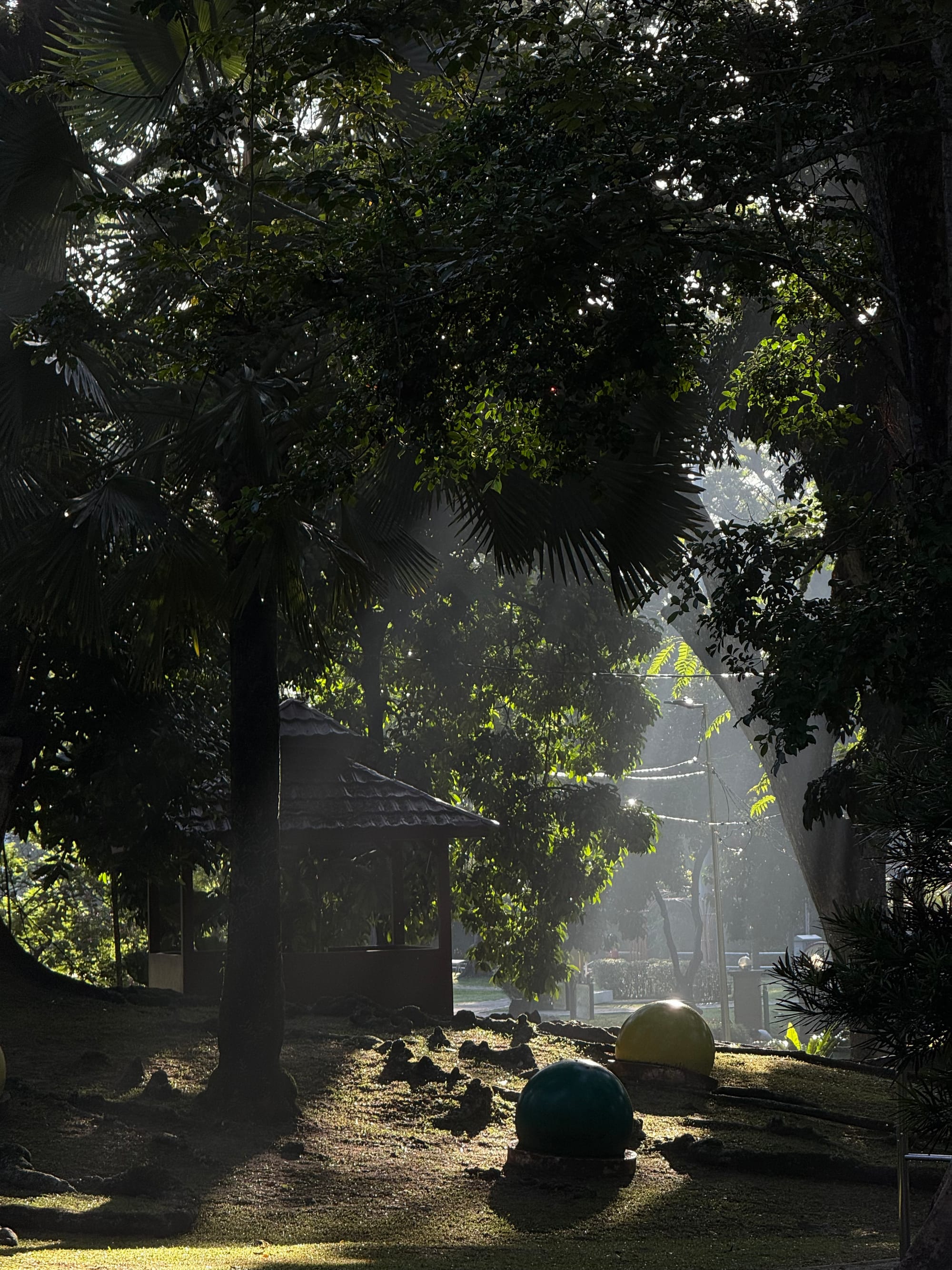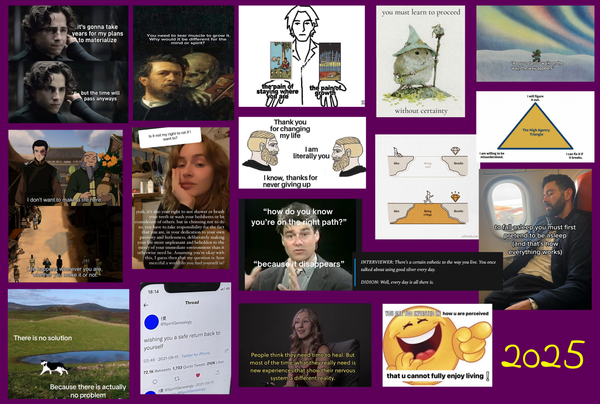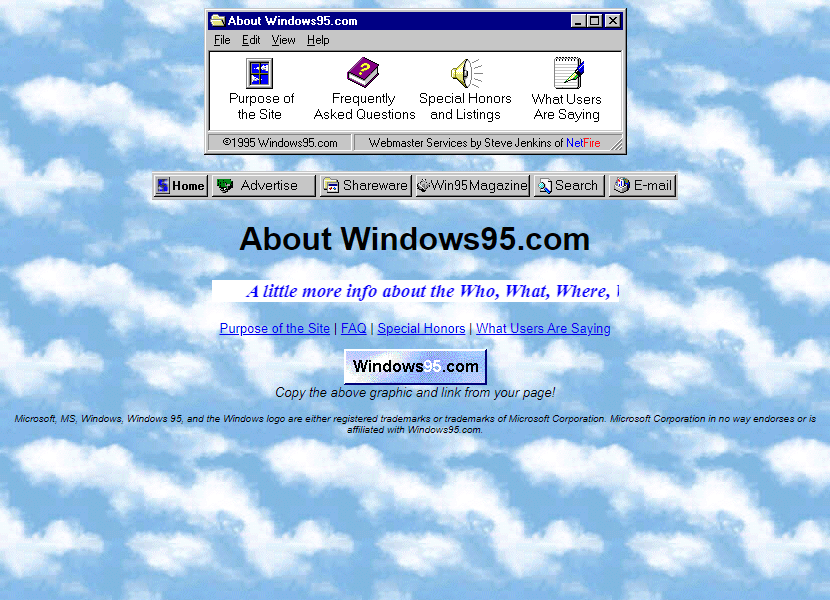The problem with the internet
On attention economy, dark forest, and dead internet theory. The internet stopped being fun, but we're still here because there's still hope

The internet then
It was fun back then when the internet was mostly unexplored terrain, accessible from a dedicated space in your private home. I was an active user, spending my adolescence surfing the internet for anything interesting or participating in anything fandom-related (fanfiction, fanart, fansites, forums, fan chatrooms etc).
At one point, social media was fun too. We posted status updates of our lives, unfiltered photos and selfies, and followed each other. Our feeds were chronological, and if I recall, we could actually reach the end. The platforms delivered connection and community, democratising communication for all. Slowly, people used these spaces to become creators themselves, empowering self-expression to create and share their works.
The shift
Life on the internet was fun, with natural boundaries like a cut-off time. This was before it became portable and pocket-sized, before everything started to be commoditised and optimised. Now the internet is overloaded with information, constantly competing and demanding our already scarce attention. Connection and community have been turned into profit.
Your social feeds aren't filled with people you follow anymore; it's what the platform thinks you might like based on the algorithm "crafted" for you. The connection between you and your friends is lost. It's less social, more bleak, much like a dark forest, crammed with endless streams of passive consumption.
Attention economy
It doesn't seem bad at first. People were still getting used to consuming content in moderation on their feeds. However, when people started spending almost every waking moment on their phone screens, their focus and attention spans started to slip.
Our brains are getting rewired to crave the artificial dopamine hits served on a silver platter. While our attention spans reduce, our impatience wears thinner and we become more restless. We always want things done fast and efficiently, and get results equally as fast. We consume content in 2x speed, "maximising" our time with more information that we may not use or forget the next hour. It's one thing to be efficient; it's another to outsource all our thinking to AI. This weakens our cognitive function, literally shaping the way we think and behave. And yet, we still continue.
It's even more disturbing to observe the Gen Z and Alpha craving incessant stimulation from these platforms, increasingly detached from reality. Young children obsess over senseless videos designed to capture their attention. These videos only care about harvesting engagement for the creators' own financial gain. It's easy to blame the parents, but the parents themselves are also slaves to their own devices.
After all, these features are designed with the intention to exploit human vulnerability. For example, the infinite feed may seem "easier" to scroll to the next thing quickly, but it keeps you in the endless feed of content which feasts off of your attention. When TikTok led the way in short-form content and their "For You Page", other social media platforms follow suit. Everyone fears becoming the next MySpace. Competition between these social platforms is fierce, so they'll use whatever means necessary to capture more users, even at the cost of the users' own well-being.
Their desperation for more users stems from one reason. We're likely the product sold for its actual customers – the advertisers. We may not need to pay money, but the price we pay is our already sparse attention. That is the essence of how these platforms make money. The longer your attention is held hostage on the platform, the more ads you see. They collect our data, monitor and analyse our every action. This surveillance enables them to provide a supposedly "optimised" experience. But it's just to serve us more "relevant" content and ads to keep us from leaving their platform.
Additionally, the same platforms reward creators to perpetuate this never-ending cycle. Sure there are creators who create thoughtful and creative content, but many get drowned out by the clickbait noise and trends. These creators follow templates, making their content shorter, snappier, attention grabbing, hooking users within the first 3 seconds. To continue getting paid as an influencer, you need to come up with the next attention-grabbing content to grow your engagement. The higher the engagement, the more the algorithms will amplify your content to others.
Even if it might help someone, it might only be sensational rather than realistic, which might only encourage slacktivism at most. Either way, all these only contribute to the existing attention deficit.

Dark forest
The dark forest grows bigger and darker. Coined by the Kickstarter founder Yancey Strickler, the dark forest is a hostile space filled with predators like advertisers, bots, clickbait influencers and creators, and trolls. These days, it's grown to be filled with more AI-generated content.
Similarly, the dead internet theory claims that the internet is crowded with bots and AI content. This includes social media accounts being managed by AI agents, where genuine human interactions become secondary. We're at the inflection point, where AI content and bots will only grow to flood the internet even more. So it's unsettling to see this theory becoming a reality, when we need to question whether we're engaging with humans or machines.
Generative AI – specifically LLMs (large language models) – generates content (texts, images, even videos) at incredible speed. While AI should exist to help make our work a bit more efficient, it's filling the web with generic, overly-optimised slop. It gets the job done, but it lacks creativity, authenticity, aliveness from a human being.
Just when we thought we had enough of Twitter thread bois and clickbait LinkedIn influencers with their "This is what B2B SaaS taught me" posts, LLMs are providing slop creators more freedom to generate more generic content with less effort than before.
Slop predates the AI era, just that AI slop exacerbated it. Slop isn't unrefined content. At least unrefined content still has some care put into them. Slop is superficial, slop chases after metrics. As Packy McCormick puts it:
"...superficial, mediocre, and banal that the only reason people could possibly create it is to drive some metric they’re optimising for: likes, views, clicks, whatever. Making slop has only gotten easier with AI, but it’s not an AI-specific thing. Slop itself isn’t new, though. Slop is just mediocrity in pursuit of metrics."
Quality content was already competing with noise, but AI is taking over the internet space. AI has nearly mastered harvesting and mass-producing average content from the internet, making it harder to tell them apart. Anyone can now use AI to generate any content (even realistic fake videos), which raises the question: how can we trust anything online now? We're in the era where verification matters more than ever.
The good news is that people are slowly able to discern what slop is, as well as more people advocating for non-AI generated works and a clear discernment of AI content.
Taking back the internet
It's easy to give up on the internet with the trajectory it's on, but the internet isn't social media. Social media is only a part of the internet as we know it. It's just that the main internet usage for most people revolve around these few apps on their devices.
Here lies the cosy web, the cosier side of the internet. Private spaces, private group chats, invite-only communities around niche interests. Or people building their own corners of the internet. We can't have both an open and safe internet, so gatekeeping becomes crucial to keep predators away.
As more people become aware of these online consequences, many retreat to the offline world. The goal is to take back our attention and invest it in more meaningful activities and connections. More people are promoting real life in-person activities, social clubs, and other communities, all of which are on the rise these days.
The internet remains a big part of our lives, especially as most of us still rely on social media to share and connect. To balance, more people are rethinking how they use the internet, while others are rediscovering the art of surfing the internet.
This is the internet now. But beneath the surface of the internet, there are still treasures buried within this dark forest – you just have to know where to find them. The question is whether we want to find these spaces, build new ones, or let the predators win.
some notes and questions I want to address later on:
- Loneliness in a digitally connected world
- How Big Tech plays a huge part in digital colonialism




